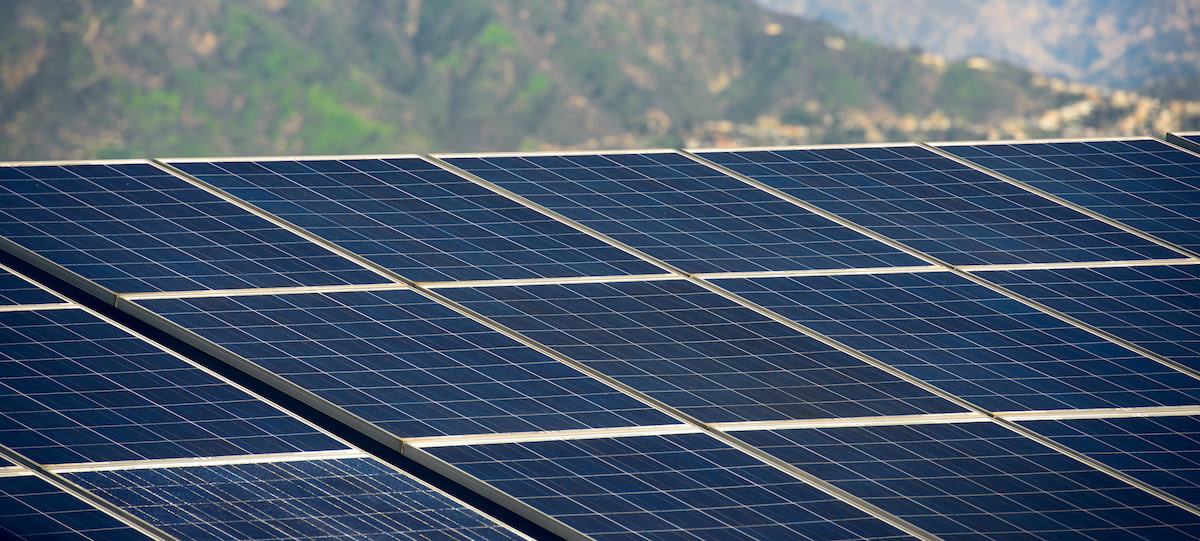Green Economy: Definition, Characteristics and Benefits
Written by MasterClass
Last updated: Jul 22, 2022 • 3 min read
Certain economists join with the vast majority of ecologists to insist the nations of the world seek to build a greener global economy. In their estimation, working toward environmental sustainability and well-being is as important as ensuring economic growth for shareholders and stakeholders alike. Learn more about what makes for a green economy.
Learn From the Best
What Is a Green Economy?
A green economy is an economy in which all stakeholders—from investors to business owners to consumers—prioritize environmental stability as highly as economic growth. For example, low carbon emissions are as important as high profits to those making socially responsible green investments.
Various economists stress different arrangements to manage the transition toward a greener economy. Some suggest government policy makers utilize subsidies or regulations to guide the private sector toward environmentally friendly decision-making. Others argue more roundabout incentives will empower companies to take a more environmentally friendly approach.
Why Is Building a Green Economy Important?
Global organizations like the United Nations Environment Programme (UNEP) and the Organisation for Economic Co-operation and Development (OECD) insist the green economy transition is necessary to stave off the worst effects of climate change and create a more equitable distribution of resources throughout the world.
In the current economic system, most major players prioritize economic growth and maximizing returns above all other factors. This makes some investors wary of allowing environmental policy to interfere with market logic. Green economy proponents insist there’s a way to handle both natural capital (or the environment as a whole) and financial capital (as in stocks, corporate revenues, and so on) in a mutually advantageous way.
Green economists also insist this transition does not affect people’s livelihoods, especially in developing economies. Some suggest treating any downturns and eventual economic recoveries as an opportunity to transition to greener approaches to business. This sort of green recovery can stimulate economic growth, foster job creation, and inspire environmental initiatives simultaneously.
4 Benefits of a Green Economy
Green economies can do wonders for both the financial sector and the environment as a whole. For example, a green economy:
- 1. Encourages more sustainable development: Green economics foregrounds setting and achieving sustainable development goals. To achieve sustainability, economic entities must put natural resources to responsible use, with an eye on recycling their usability. This ensures both current and future generations can benefit from natural resources while remaining good stewards of the earth.
- 2. Helps fight climate change: By steering the economy in a greener direction, governments and the private sector work together to achieve effective climate change mitigation. Through lowering carbon emissions in both manufacturing and transportation, there’s hope the earth’s population can avoid many of the worst effects of anthropogenic warming.
- 3. Improves the ecosystem: When you insist on including environmental protections in any economic activities, you help protect biodiversity in ecologies across the planet. Effective ecosystem services help sustain human, animal, and plant life in equal measure—all of which are necessary to also keep the economy going.
- 4. Increases equity: Green finance and economic development seeks to ensure equitable outcomes for all people throughout the global community. Rather than put the burden primarily on developing countries, green economists insist industrial countries should shoulder most of the weight to make the economic and energy transition to greener technologies. This allows the international community to pursue poverty eradication at the same time as more traditionally environmental initiatives.
Characteristics of a Green Economy
Green economies are still largely aspirational. These four factors are necessary elements should the world turn to more environmentally friendly economic arrangements in the future:
- 1. Clean transit options: Green economic policies dictate the need to maximize resource efficiency in all sectors, including in transportation. Planes, trains, buses, personal cars, and other forms of transit must utilize renewable energy sources with less of an impact on the environment than fossil fuels.
- 2. Green building standards: Sustainable architecture and construction is another key way to achieve energy efficiency and environmental stability. Additionally, on an economic level, new building development like this can stimulate the economy as a whole.
- 3. Renewable energy sources: Clean energy is perhaps the signature resource necessary to achieve a green economy. Aside from powering transportation through renewables, corporations would need to overhaul their manufacturing and production processes to run on a more sustainable fuel source as well.
- 4. Sustainable management of resources: In a green economy, everyone keeps a vigilant eye on waste to minimize it as much as possible. By recycling resources and aiming for maximum sustainability, economic actors can all do their part to power truly green growth with an eye toward the future.
Learn More
Get the MasterClass Annual Membership for exclusive access to video lessons taught by the world’s best, including Paul Krugman, Doris Kearns Goodwin, Ron Finley, Jane Goodall, and more.
